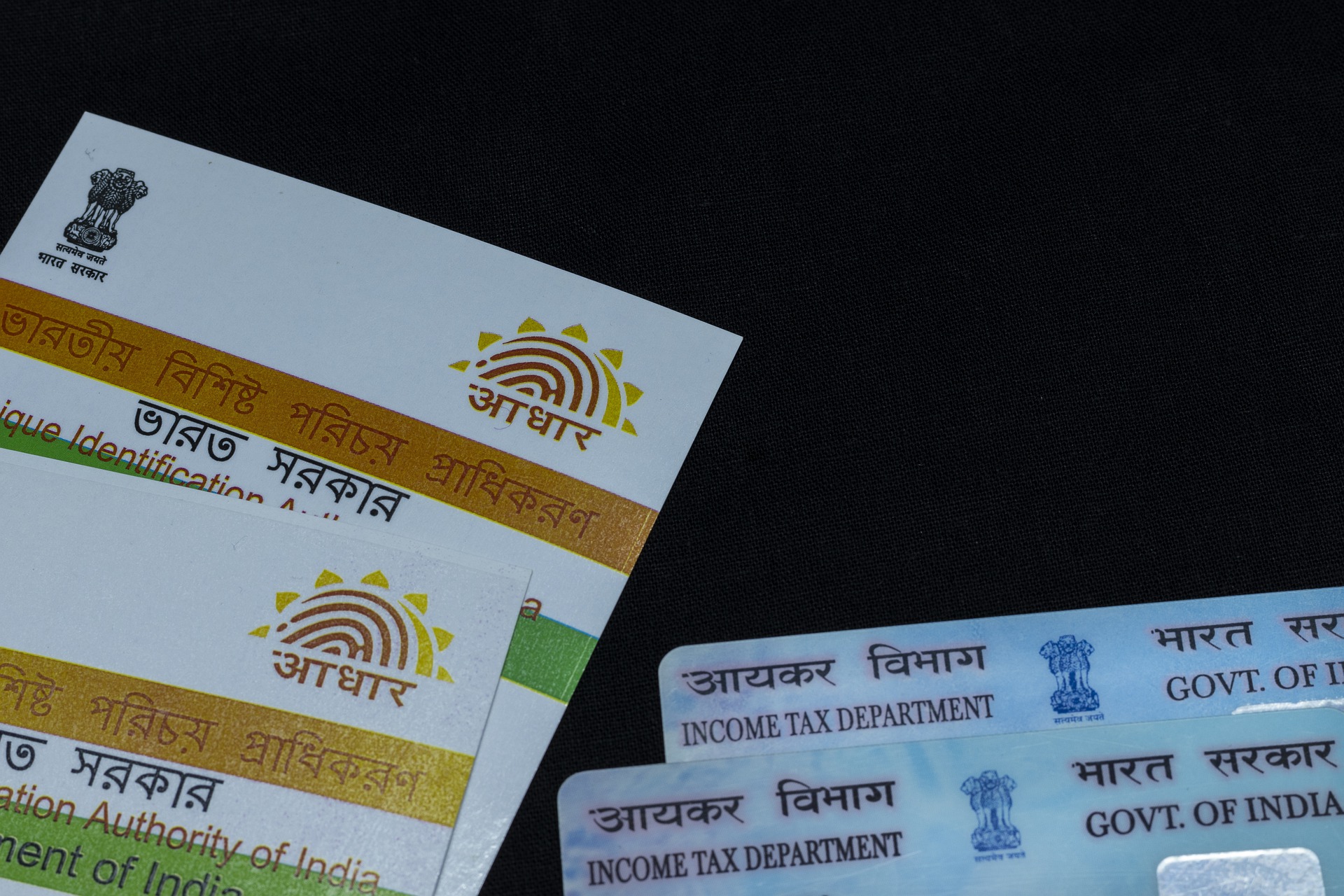There seems to have been some misunderstanding ensue between the Ministry of Electronics and Information Technology (MeitY) and the Unique Identification Authority of India (UIDAI), at least its Bengaluru office, late last week as evident from press releases issued by the two. On 27th May, the Bengaluru office of the UIDAI, under the letter head of MeitY, published a press release advising citizens against sharing photocopies of their Aadhaar cards, downloading them on public computers and so on. However on 29th May, the MeitY issued another press release press release recanting the UIDAI's press release, saying that the Aadhaar Authentication ecosystem provides 'adequate features for protecting and safeguarding the identity and privacy of the Aadhaar holder'. "UIDAI issued Aadhaar card holders are only advised to exercise normal prudence in using and sharing their UIDAI Aadhaar numbers," MeitY's release said. The sharing of Aadhaar numbers and other details has been highly controversial. In 2018, R.S. Sharma CEO of the TRAI, released his Aadhaar details on Twitter leading to users being able to pull up his physical address, phone numbers, email address and even order him a OnePlus 6, with cash payable on delivery. Further, publishing of Aadhaar details is illegal under the Aadhaar Act, 2016. What did the press release say? Use 'Masked Aadhaar', not photocopies: Users should not share photocopies of Aadhaar cards with anyone, and instead use 'Masked Aadhaar', downloadable from the UIDAI's website, which shows only the last four digits of the Aadhaar number, the press release said.…





























